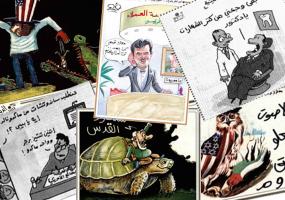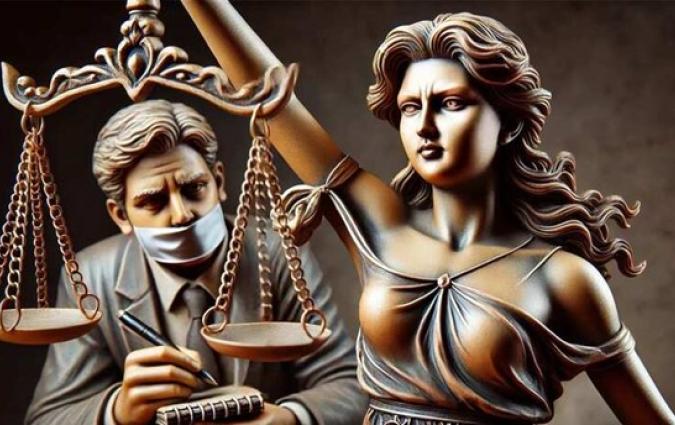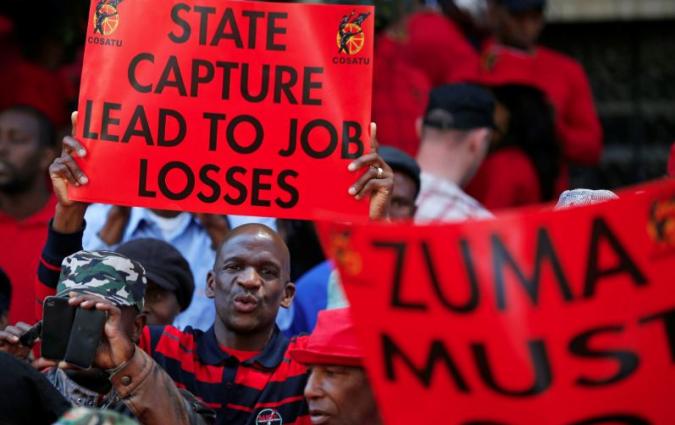Is there a chance for non-partisan media in Poland

Reuters Institute Fellow's Paper
The parliamentary victory of the conservative Law and Justice party in October 2015 in Poland has brought a new push for a fundamental change in the media landscape. The ruling party went ahead through the parliament with amendments to the media bill, taking full control over the state broadcasters and promised a shift from public to “national” media. The scale, depth and ambition to reshape the media system alongside the broader change in judiciary and the way civil society functions have brought widespread international criticism of Poland from liberal press and international institutions.
In a new research paper by Krzysztof Dzięciołowski called ‘Is there a chance for non-partisan media in Poland?’, the author finds a deeply polarised journalistic community, increasingly so after the Smolensk plane crash in 2010 that killed Polish president Lech Kaczyński, a twin brother of Jarosław Kaczyński who leads the Law and Justice party.
Based on interviews with the top editors-in-chief of leading Polish media outlets, the author concludes that the right-wing press - insignificant politically between the collapse of communism in 1989 and 2010 - have emerged in the post-Smolensk reality in the form of so-called “journalism of identity” offering ideologically engaged narratives that help build a community of like-minded audiences. With the arrival and spread of the internet, the entry barrier to the market fell and journalists’ partisanship and political bias have become a sought-after commodity in the new market economy driven by social media, speed and simplification. In this new media order the Smolensk crash has proven to be a potent catalyst for the resurrection of the old pre-1989 divisions running deep through the Polish society.
Dzięciołowski argues that the state media have swung their coverage to the right and its message is largely backing the government. He writes that “In the polarised and politicised world of Polish media, those who stand on the right side of the political spectrum see this as a positive change enhancing pluralism and giving voice to the underrepresented sections of the Polish society while those on the left side of politics see it as an attack on free media and democracy. All interviewees share a belief that there should be distance between the world of politics and the world of journalism. But in a country where the two professions have historically blurred the lines so much, there is no immediate and foreseeable end to the political and journalistic crisis. Objectivity - however desired - no longer serves as an end goal for journalists, it is advocacy and political engagement that shape the media landscape in Poland today.”
As with all Fellows’ research papers, any opinions expressed are those of the author and not of the Institute.
Image: REUTERS/Kacper Pempel






